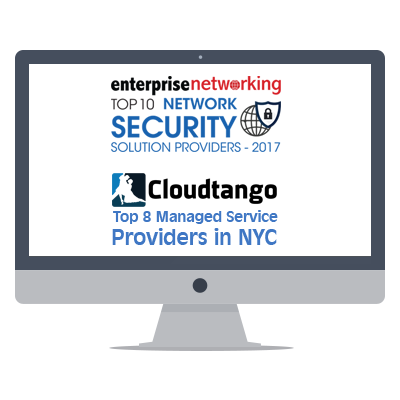Millions of end users have recently become exposed to a dangerous new form of malware that installs itself onto computers and holds files for ransom.
Known as CryptoWall 2.0, this vicious form of malware, or “ransomware,” uses Adobe Flash to exploit vulnerabilities and encrypt specific computer files. It then forces end users to pay a decryption fee to retrieve access to the information.
CryptoWall 2.0 is a high risk to organizations of all sizes in both the private and public sectors. In one recent high-profile example, the Dickson County, Tennessee, sheriff’s office had to pay a ransom of $500 in bitcoins after several of its files, including autopsy reports, crime scene photos and witness statements were all “kidnapped” by CryptoWall 2.0.
The same thing could easily happen to your business if you and your employees are not vigilant about staying clear of this malware. Here’s what we know about CryptoWall 2.0:
All it takes is one click. Part of the reason CryptoWall 2.0 is spreading so quickly around the Web is that the hackers who created it had first obtained private design assets from companies like Fancy and Bing to design high-end, professional-looking—but false—advertisements. These advertisements have been discovered on common websites like AOL and Yahoo. The bug can be spread by a simple click on a fraudulent ad.
The malware is making its creators rich: While some websites advocate that you can remove the files without paying the ransom, most simply pay the fee to retrieve the data in the quickest way possible. As a result, CryptoWall 2.0 is bringing in a lot of money for its creators. In fact, it’s generated over $1 million in revenue in less than a year.
The threat is growing: The bug does not appear to be slowing down. As of August, computer manufacturer Dell reported about 625,000 claims and over 5.25 billion infected files.
It’s more than just a financial risk: Your initial reaction to CryptoWall 2.0 might be that it’s less severe than other forms of malware since you simply have to pay a fee and you can get on with your business. But it’s a serious data concern due to the fact that the malware allows hackers direct, unauthorized access into your computer system. This could leave the door wide open for other potentially more serious data breaches.
Unfortunately, there’s really no easy way to avoid ransomware aside from educating your own employees about the dangers of clicking on unknown advertisements. But you can make sure that your software is equipped with the latest security patches and network protection.
It also pays to invest in a managed IT service to monitor and protect your network at all times. Through the help of a managed IT services provider, you can gain access to expert guidance as well as the latest solutions in digital security. Click here to learn how Apex managed IT services in Norwalk, CT, can help.



